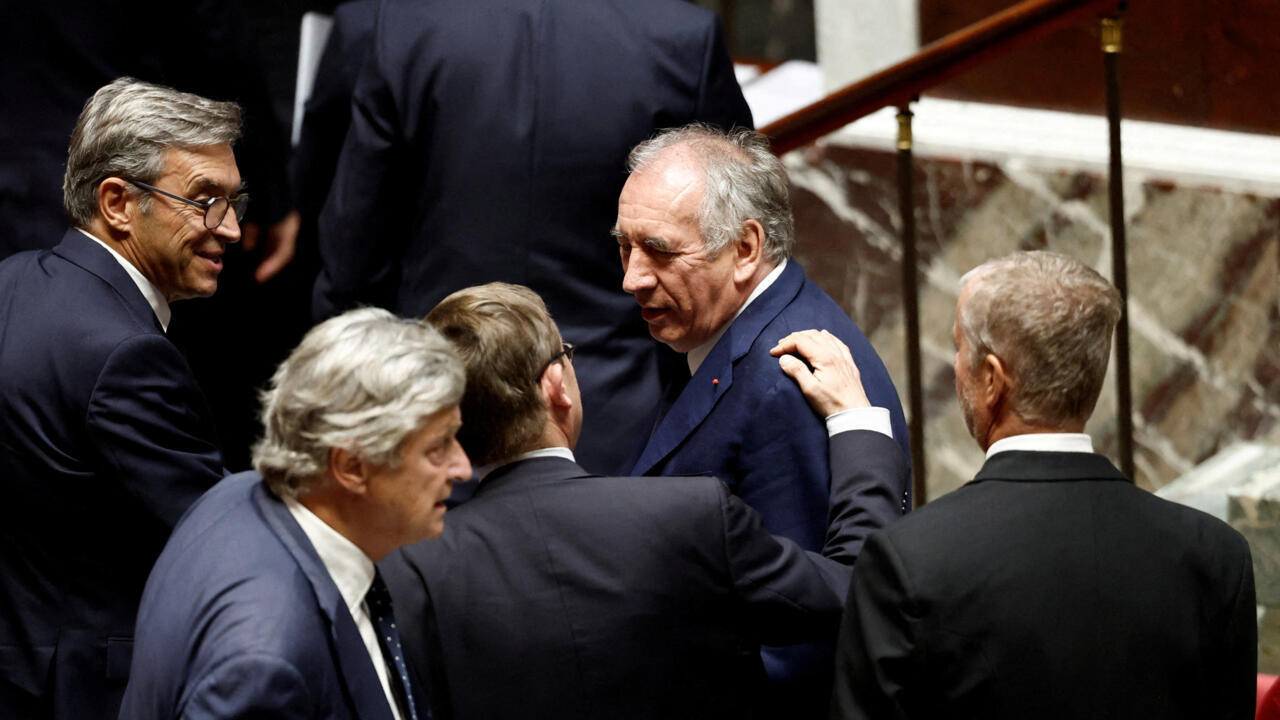French Government Collapses After No-Confidence Vote Amid Political Crisis
The French government collapsed on September 8, 2025, after Prime Minister François Bayrou lost a crucial confidence vote in parliament, plunging the country into a deepening political crisis.

France entered a new phase of political turmoil on September 8, 2025, as Prime Minister François Bayrou and his minority government were ousted following a decisive defeat in a parliamentary confidence vote. Of the 573 members of the National Assembly, 364 voted against Bayrou, 194 supported him, and 15 abstained, marking the first time in modern French history that a prime minister has been removed by a confidence vote rather than a no-confidence motion.
President Emmanuel Macron, who has now seen five prime ministers come and go since the start of his second term in 2022, acknowledged the result and announced that a new prime minister would be named in the coming days. The collapse follows Bayrou's high-stakes gamble to seek parliamentary backing for his controversial 2026 budget plan, which proposed €44 billion in spending cuts, including the elimination of two public holidays and reductions in welfare spending. Bayrou argued that such measures were necessary to address France's ballooning public debt, which now stands at over €3.3 trillion, or 114% of GDP.
Mounting Economic and Social Pressures
Bayrou's warnings about the "incredible succession of blows of fate since 2020"—from the pandemic to the war in Ukraine and surging inflation—failed to sway lawmakers or the public. His proposals, especially the call to work through public holidays, sparked widespread anger in a country fiercely protective of its social benefits. Both far-right and far-left parties, now the largest blocs in parliament, rejected the budget, reflecting a broader breakdown of trust between citizens and political leaders.
The government's collapse comes as France faces mounting economic pressures. Last year's deficit reached 5.8% of GDP, nearly double the EU's 3% ceiling, placing France under increased scrutiny from European institutions. Analysts warn that the ongoing instability could further erode investor confidence and weaken France's influence within the European Union, especially as Italy, under Prime Minister Giorgia Meloni, projects greater stability and fiscal discipline.
Political Fallout and Public Unrest
The immediate aftermath of the vote has left France in political limbo. President Macron has resisted calls from opposition leaders, including Marine Le Pen of the far-right National Rally, to dissolve parliament and call new elections. Instead, he appears set to appoint yet another prime minister tasked with shepherding a deeply unpopular budget through a fragmented legislature.
Public frustration is boiling over, with grassroots groups and major trade unions planning nationwide strikes and protests in the coming days. The unrest recalls the "gilets jaunes" movement and recent mass demonstrations against pension reforms, raising fears of renewed social upheaval. The crisis has also emboldened radical parties, particularly the National Rally, which is positioning itself as the voice of popular discontent ahead of the 2027 presidential race.
As France braces for further instability, the collapse of Bayrou's government exposes not only the fragility of its political institutions but also the deepening rift between the French public and their leaders. The coming weeks will test the resilience of the Fifth Republic and its ability to navigate one of the most turbulent periods in recent memory.